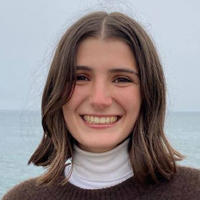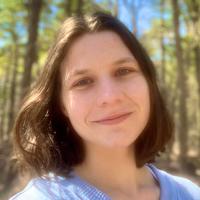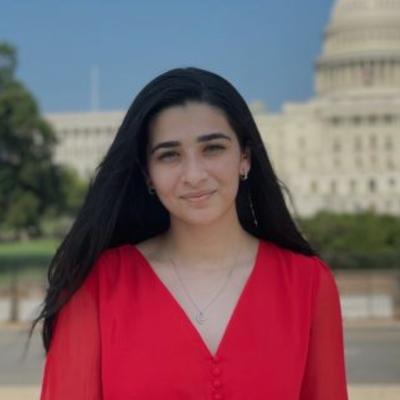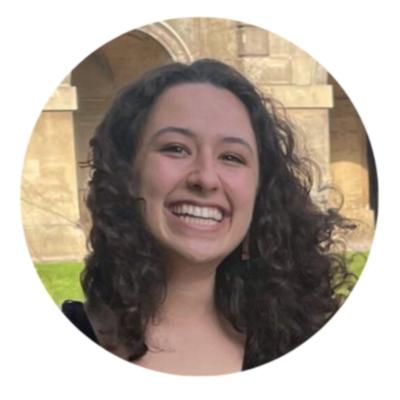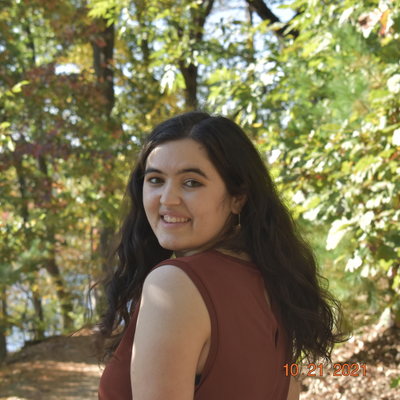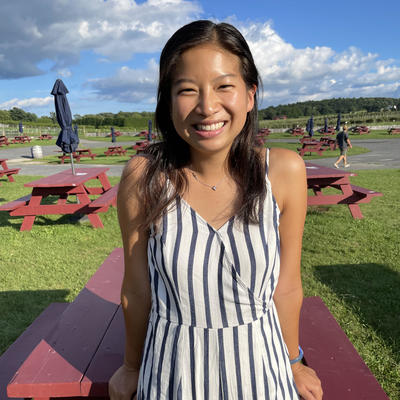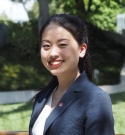Knapp Thesis Fellowship in the Social Sciences
Each year two Knapp Fellowships of $1,500 are awarded on the basis of merit to qualified student applicants. Recipients are selected on the basis of proposals submitted to the Committee for Curriculum and Academic Planning (CCAP), as part of the Schiff Fellowship application process. Eligible students applying for the Schiff Fellowship will be automatically considered for the Knapp Fellowship.
However, additional eligibility criteria would include
(1) proposed independent work must qualify as social science research
(2) the applicant may not already have funding from The Samuel and Hilda Levitt Fellowship or from the Pamela Daniels Fellowship.

